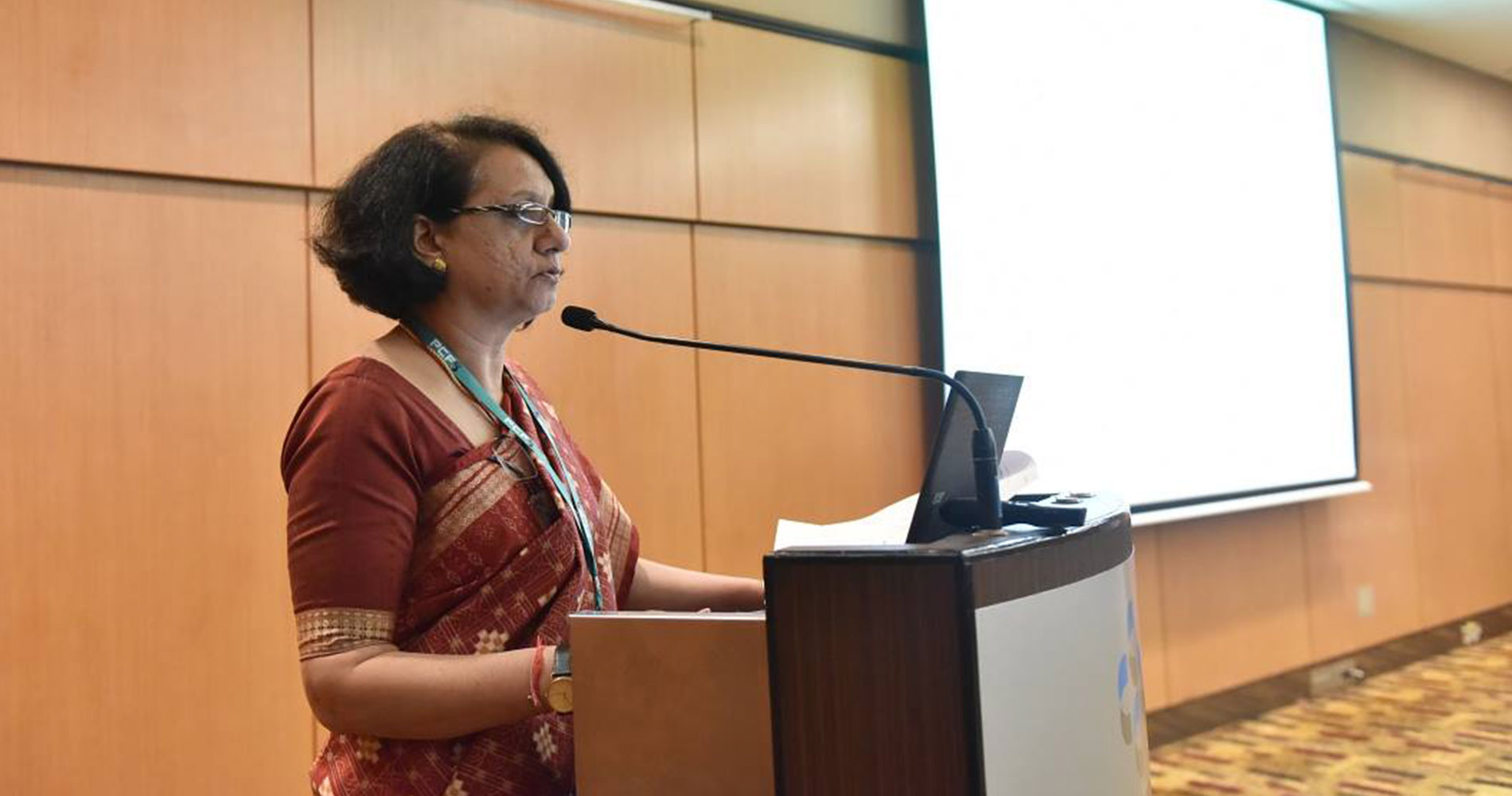
SUBTHEME: ACCESS AND INCLUSION
Open, Distance and Flexible Learning for Improving Access in Technical and Vocational Education and Training (TVET)
KLCC, 28 November: The session discussed the limitations faced by Technical and Vocational Education Training (TVET) institutions and non-governmental organisations (NGOs) in the Commonwealth with regard to the provision of TVET to the local community.
Presenters shared their experiences in finding workable solutions to engage local communities to adopt TVET via the open and distance learning mode.
Agnes Rono of Rift Valley Technical Institute, Kenya, provided an overview of the socio-economic challenges facing local communities particularly with regard to issues on high unemployment and poverty. She said the Kenyan Government is making efforts to eradicate poverty by 2030 amidst the challenging global economic condition that had resulted in job cuts in country.
Buckman Akuffo of Koforidua Technical University, Ghana, said his research findings showed the relevance of TVET courses in helping to improve the quality of life of the Ghanaians. “The local people tend to take up skilled jobs like tailoring and dressmaking but many are beginning to enrol in programmes to upgrade their skills.”
Mr Shahnewaz Khan from Dhaka Ahsania Mission (DAM), Bangladesh, showcased the distance learning materials that DAM has developed in collaboration with COL for rural skills training which included garment machine operation, beauty care and karchupi (hand embroidery). The materials are in the form of Open Educational Resources (OERs).
It was concluded that for African countries like Kenya, Ghana and South Africa to be successful in offering technical and vocational programmes through ODL, they strongly need Government support and effective IT infrastructure with Internet connectivity.